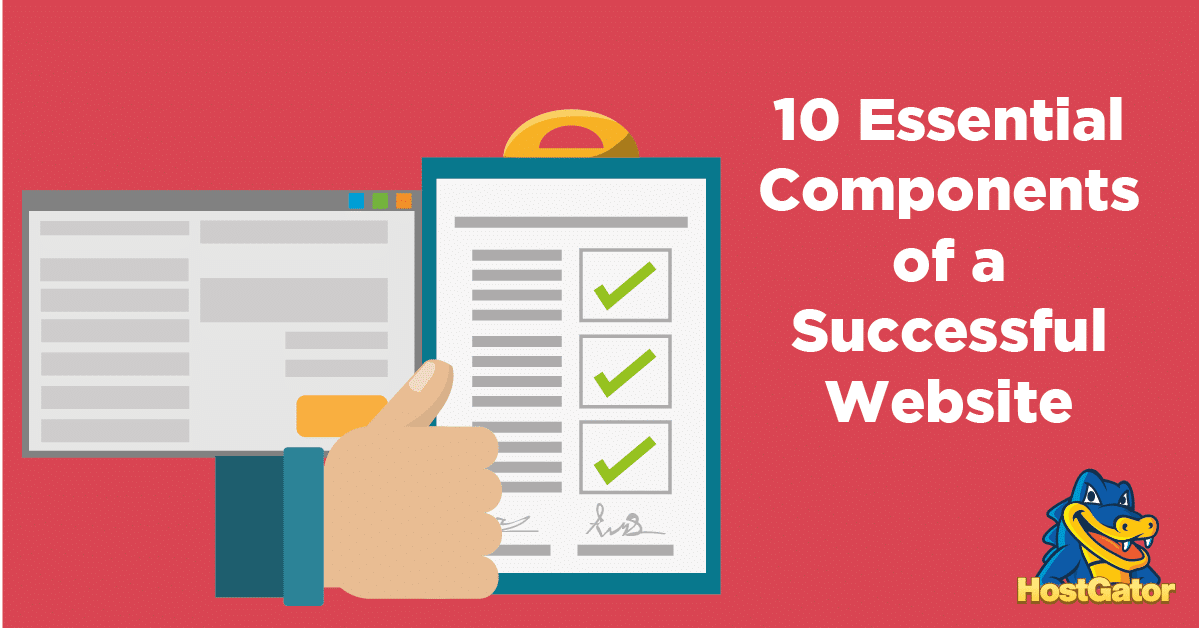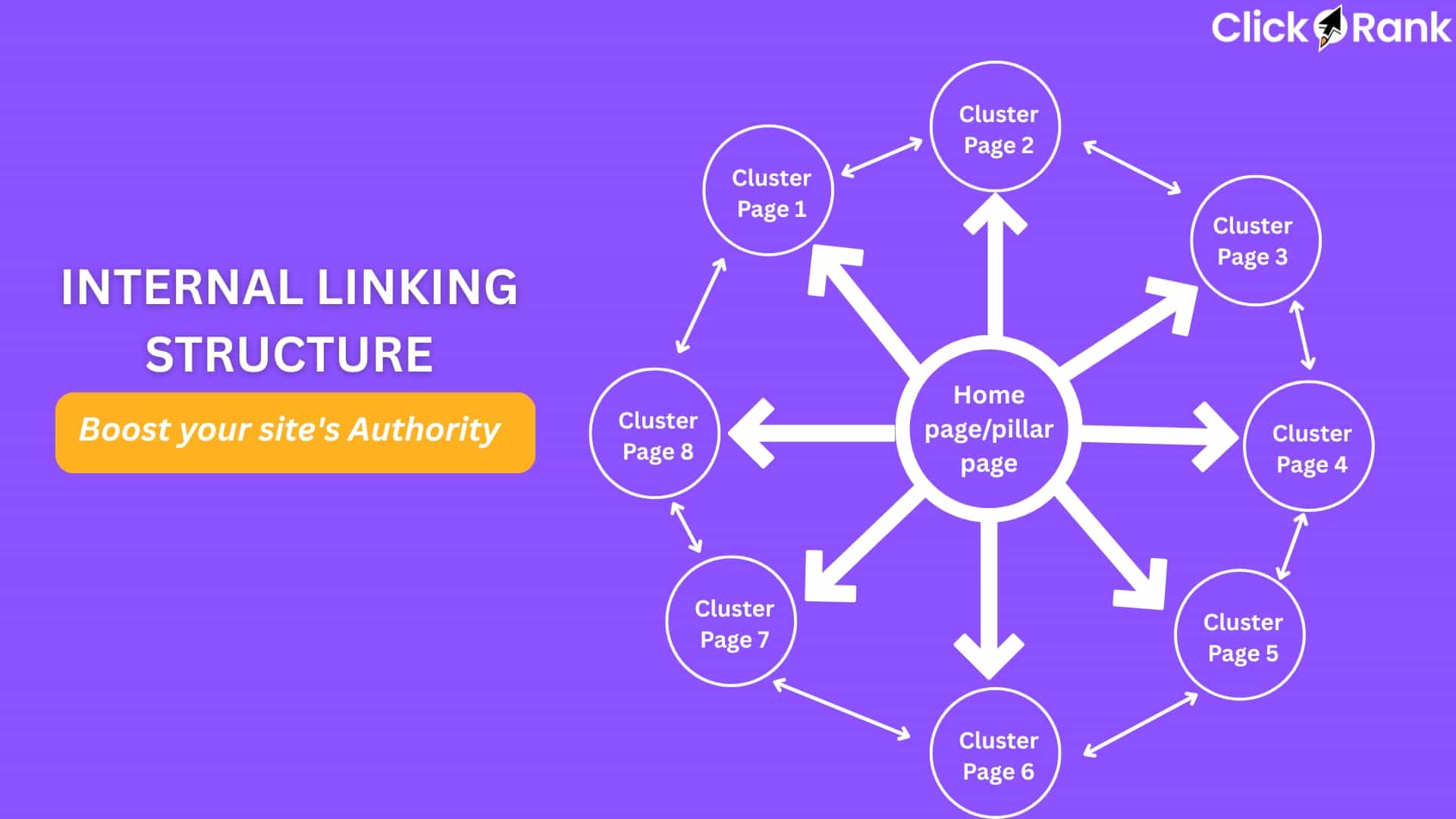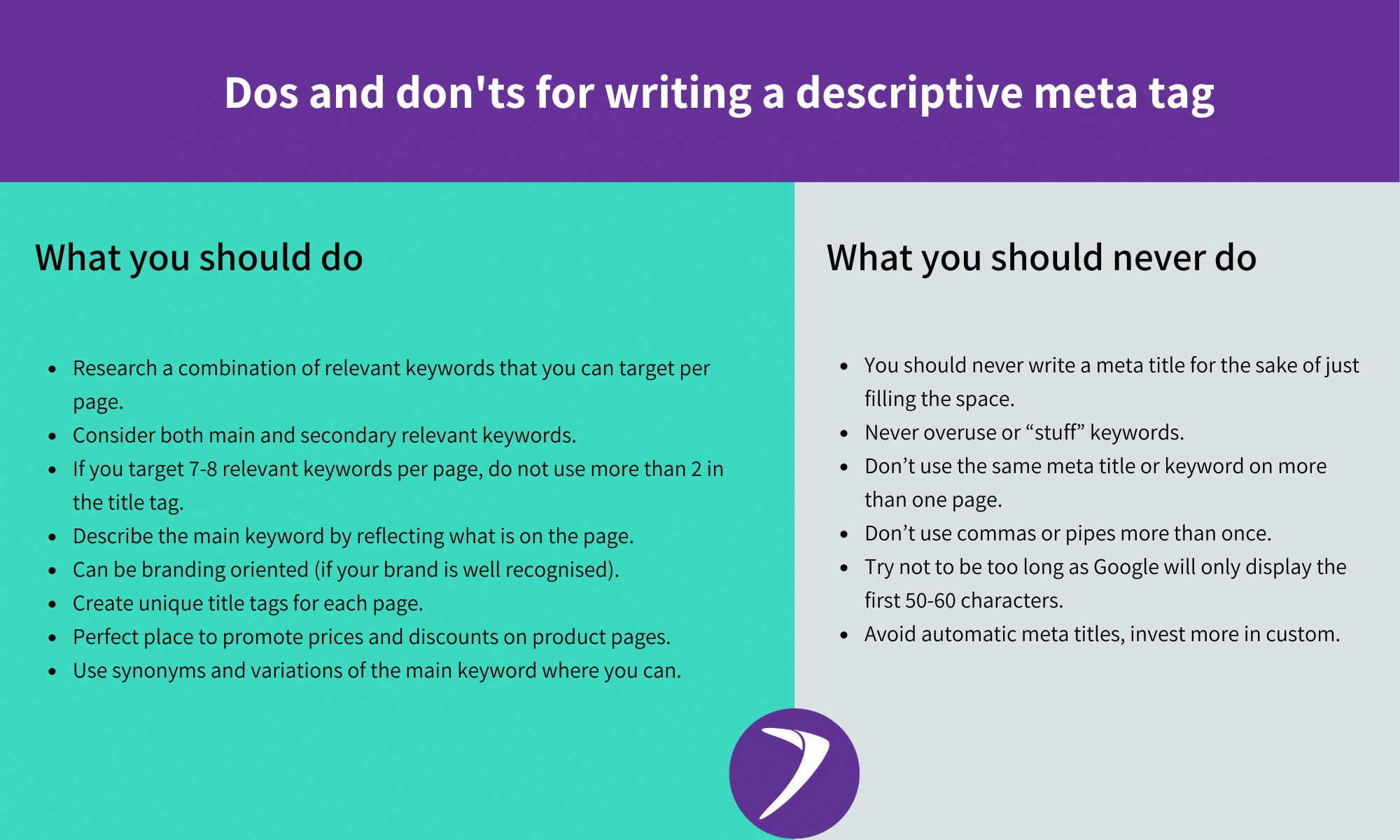Creating a website that is effective takes more than just having an appealing design and content that is interesting to read. When it comes to the overall success of your website, the structure of your website and the individual pages that you include are extremely important factors. There are certain pages that are absolutely necessary for any website to have in order to be successful, regardless of whether you are constructing a website for your personal brand, your blog, or your business. In this piece, we will discuss the essential pages that you need to have in order to develop a website that is both comprehensive and functional.
1. Home Page
Therefore, the home page is one of the most important pages on your website because it is the initial impression that visitors make of your website.
Key Elements to Include:
A Headline That Is Easy to Understand Your website’s headline should convey in a clear and concise manner what the website is about and what it delivers to visitors.
It is essential to ensure that your navigation is not only simple to locate and utilize, but also that it guides users to the most important pages on your website.
Message to Take Action (CTA): Your homepage ought to contain a call to action (CTA) that is crystal obvious, whether it is to join up for a newsletter, investigate your products, or get additional information about your services.
Visuals: Put together high-quality pictures or films that are in line with your brand and that will keep your audience interested.
Why the Home Page is Important
In addition to directing users to other pages on your website and assisting them in gaining a better understanding of the value proposition of your brand, the main page is the entryway to your website. Engagement can be increased and bounce rates can be decreased with a home page that is nicely designed.
2. About Page
By providing visitors with information about your brand, company, or yourself, the About page contributes to the development of trust and credibility of your brand or company.
Key Elements to Include:
Share the history, mission, and values of your company with your visitors in order to provide them with a feeling of who you are as a company.
Introducing key members of the team with images and biographies is a great way to give a human touch to the presentation.
Accomplishments and Testimonials: In order to establish credibility, it is important to highlight any awards, recognitions, or recommendations from satisfied customers.
Why the About Page is Important
Your brand will become more approachable and trustworthy if you have a good About page that humanizes it. Taking advantage of this chance allows you to establish a personal connection with your audience while also demonstrating your expertise and dedication.
3. Services or Products Page
When it comes to turning site visitors into paying clients, having a page that is solely dedicated to showcasing your products or services is quite necessary.
Key Elements to Include:
Detailed Descriptions: Ensure that your items or services are described in a manner that is both clear and detailed, highlighting the advantages and characteristics of each.
Pricing Information: Be open and honest about the prices you charge, and if it is appropriate, provide solutions that cater to a variety of budgets.
Whether they are still images or moving videos, visuals can assist visitors in better comprehending your offerings and boost the possibility that they will make a purchase.
Includes conspicuous call-to-action buttons that encourage users to take action, such as “Buy Now” or “Get a Quote.” Some examples of these buttons are.
Why the Services or Products Page is Important
The page where conversions take place is this one. You are able to convert site visitors into paying clients by providing a detailed description of what you provide and the reasons why it is valuable. This page should be made as user-friendly and informative as feasible. It is crucial to make this page.
4. Contact Page
Through the use of your Contact page, you should make it simple for visitors to get in touch with you, whether they have inquiries, require assistance, or are interested in working together.
Key Elements to Include:
A straightforward form that allows site visitors to send questions or messages directly from your website is referred to as a contact form.
Please include your phone number, email address, and physical address (if relevant) in the contact information section you provide.
Links to Social Media: Make sure to include links to your social media profiles so that visitors may connect with you on other platforms.
Map: If you have a physical location, you should integrate a map on your website so that people can easily find you.
Why the Contact Page is Important
One of the most important points of contact between you and your audience is their Contact page. Increasing the simplicity with which visitors can get in touch with you can result in a rise in the number of business prospects, improved customer service, and more trust in your brand.
5. Blog Page
Through the use of a blog, you can supply your audience with information that is of great value, boost your search engine optimization, and position yourself as an authority in your field.
Key Elements to Include:
information That Is Regularly Updated In order to maintain your audience’s interest, you should regularly post information that is of high quality, instructive, and pertinent.
Through the use of tags and categories, you can make it simple for visitors to locate content that is of interest to them by organizing your blog entries into categories and using tags.
Comment Section: Make it possible for readers to leave comments on your content in order to develop a sense of community and stimulate engagement.
Make it simple for readers to share your content on social media by including social sharing buttons. This will help your content reach more people. https://diversewebsitedesign.com.au/website-design-pinjarra/
Why the Blog Page is Important
Having a blog not only helps to bring organic traffic to your website, but it also offers your audience with material that is of great value and establishes you as an authority in your field. It also provides you with information that you can share on social media and in newsletters, which helps to maintain the interest of your audience.
6. Testimonials or Case Studies Page
Through the presentation of the experiences of contented customers, a page that is devoted to testimonials or case studies can contribute to the development of trust and generate credibility.
Key Elements to Include:
Incorporate comments from satisfied customers that highlight the positive features of your products or services. These testimonials are referred to as customer testimonials.
Providing in-depth case studies that detail how your product or service assisted a customer in resolving an issue or accomplishing a goal is an important part of your business.
Displaying the logos of the businesses or organizations that you have collaborated with is a great way to lend more credibility to your work.
Why the Testimonials or Case Studies Page is Important

When it comes to persuading prospective clients to have faith in your brand, social proof is an extremely effective technique. It is possible to increase conversions and generate confidence in your products and services by highlighting real-life success stories and the level of happiness experienced by customers.
7. FAQ Page
An FAQ page, which stands for “Frequently Asked Questions,” is designed to address the most common inquiries or issues that visitors may have. This page helps visitors save time and reduces the need for supporting customers.
Key Elements to Include:
Compile a list of the questions that are asked the most frequently about your products, services, or policies, and then provide answers to those questions.
Function of Search: Include a search bar to assist site visitors in locating the answers they are seeking for in a more expedient manner.
Categorization: In order to make the website more user-friendly, consider organizing the questions into different categories.
Why the FAQ Page is Important
Providing users with quick and simple access to crucial information is one way that a frequently asked questions page may improve the user experience. You will save both time and resources as a result of the decreased number of customer support questions that it can cut.
8. Privacy Policy and Terms of Service Pages
The legal pages on your website are extremely important because they provide visitors with information about how you collect, use, and safeguard their data, as well as the terms that they agree to when they use your website.
Key Elements to Include:
The privacy policy should provide a detailed explanation of the personal information that is gathered, how it is utilized, and how it is safeguarded.
When using your website, users are required to abide by a set of rules and guidelines that are outlined in the terms of service.
Compliance: Check that these pages are in accordance with the applicable legal standards, such as the General Data Protection Regulation (GDPR) or the California Consumer Privacy Act (CCPA).
Why the Privacy Policy and Terms of Service Pages are Important
When it comes to establishing trust and honesty with your audience, these pages are really necessary. In addition to this, they safeguard your company legally by elucidating the terms and conditions under which your website functions.
Conclusion
In order to have a website that is effective, it is not enough to simply have a fantastic design or content that is appealing; you also need to have the appropriate pages in place to suit the requirements of your audience. A well-rounded website that effectively communicates the message of your business, engages visitors, and generates conversions may be created by incorporating these vital pages: Home, About, Services/Products, Contact, Blog, Testimonials/Case Studies, Frequently Asked Questions, and Privacy Policy/Terms of Service. If you make sure that each page on your website is carefully planned and optimized to deliver value to your users, then you will be well on your way to achieving success with your website.






